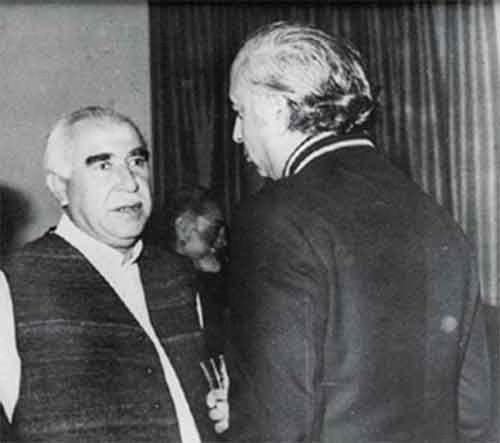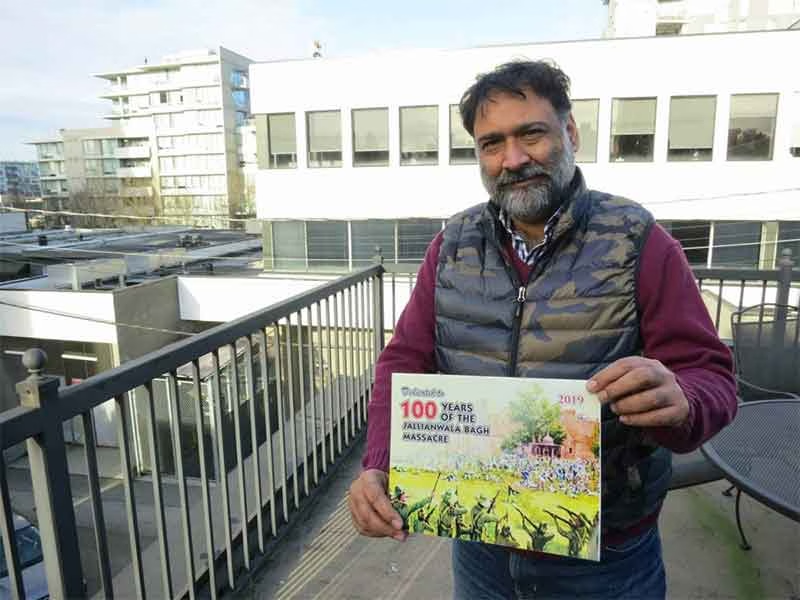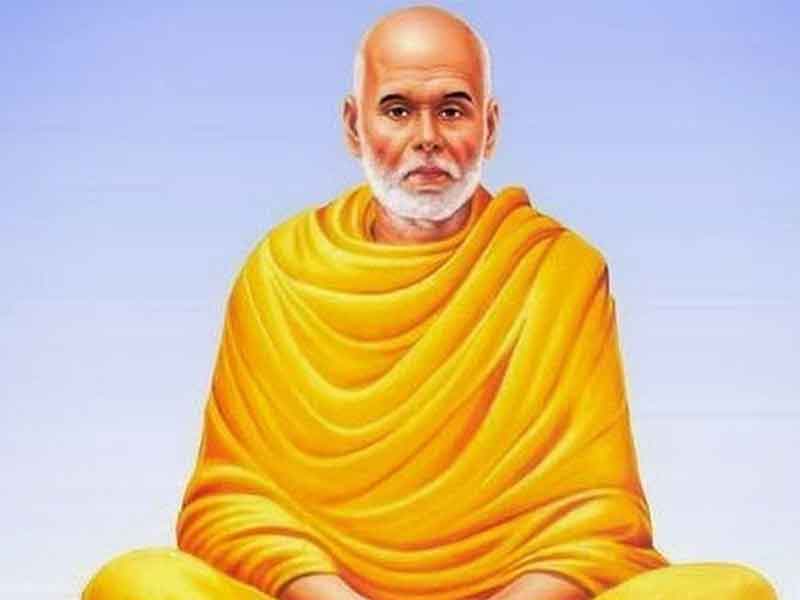
In the complex and often turbulent political history of Balochistan, few names resonate with as much moral authority and political clarity as Mir Ghous Bakhsh Bizenjo. Revered as “Baba-e-Balochistan” (Father of Balochistan), Bizenjo was not just a nationalist leader but a visionary who believed in a democratic, federal Pakistan that respected its diverse nationalities. His life, marked by both resilience and intellect, remains a blueprint for constitutional struggle in Balochistan
Early Life and Background
Mir Ghous Bakhsh Bizenjo was born in 1917 in Sheshi, a town in Khuzdar district of Balochistan. He belonged to the Jat Baloch community and was educated in Karachi and other cities of British India, where he came into contact with progressive, anti-colonial, and Marxist ideas. These early influences shaped his worldview and laid the foundation for his lifelong commitment to social justice and national autonomy.
Entry into Politics and Progressive Vision
Bizenjo initially engaged with politics through the Muslim League but soon drifted toward progressive and left-wing ideologies. He founded the Cultural Union of Balochistan to promote political awareness and cultural identity. In the 1950s, he became involved with the Ustaman Gal movement, which sought to blend Baloch nationalism with modern socio-political thought.
He was a founding member of the National Awami Party (NAP), Pakistan’s foremost progressive political coalition that brought together Baloch, Pashtun, Sindhi, and Bengali nationalists. Bizenjo’s vision was rooted in the belief that Pakistan was a multi-national state and must embrace federalism to survive as a democratic entity.
Constitutionalism and Parliamentary Politics
His most defining political role came after the 1970 general elections, when NAP won a majority in Balochistan and NWFP (now Khyber Pakhtunkhwa). In 1972, Bizenjo was appointed Governor of Balochistan, while Sardar Ataullah Mengal became Chief Minister. This marked a historic moment—Baloch nationalists were now governing their province through constitutional means.
As Governor, Bizenjo emphasized dialogue between the federal government and the Baloch people. He advocated local control over Balochistan’s vast natural resources—especially gas, minerals, and ports. However, his demands clashed with the centralizing vision of Prime Minister Zulfikar Ali Bhutto, who grew increasingly wary of provincial assertions.
Clash with the Bhutto Government and Incarceration
In 1973, the Bhutto government dismissed the elected Balochistan government and launched a brutal military operation. Bizenjo, along with other NAP leaders, was arrested and charged with treason in the infamous Hyderabad Conspiracy Case. They were accused of plotting to break Pakistan.
During his years in Hyderabad jail, Bizenjo wrote his seminal book In the Court of the People, a compelling defense of Baloch rights and a critique of authoritarianism. The book became a cornerstone of Baloch political thought, laying out his constitutionalist vision and non-violent strategy for political change.
Post-Jail Politics and Ideological Clarity
After his release, Bizenjo founded the Pakistan National Party (PNP) following the banning of NAP. He remained committed to democratic struggle, vehemently opposing both military rule and violent insurgency. His belief was that the Baloch cause could only succeed through broad-based constitutional mobilization, not secessionism.
While his moderate approach invited criticism from militant nationalists who preferred armed resistance, Bizenjo maintained his stance. He argued that meaningful change could only come through political engagement and federal reform. Even as insurgencies gained momentum in the 1980s, he continued advocating for dialogue, autonomy, and respect for provincial rights.
Death and Enduring Legacy
Mir Ghous Bakhsh Bizenjo passed away on August 11, 1989. His death marked the end of an era in Baloch politics, but his intellectual and political legacy continues to influence constitutionalist Baloch movements. He remains one of the rare leaders who balanced tribal heritage with modern political thought, and who insisted on reconciliation over rupture.
His greatest legacy lies in transforming Baloch nationalism from a purely tribal and emotional movement into a political ideology rooted in federalism, democracy, and rights-based struggle. Today, many Baloch leaders who participate in parliamentary politics echo Bizenjo’s vision, even if they diverge in methods.
Conclusion
Mir Ghous Bakhsh Bizenjo was not just a politician; he was a thinker and a statesman. He stood for the idea that oppressed communities can assert their rights without abandoning the framework of democracy and constitutionalism. In the face of military repression, he offered dialogue. Against the rise of violent separatism, he offered reason.
His life is a testimony to the possibility of principled leadership in difficult times—a leadership that does not resort to populism, but instead relies on vision, intellect, and moral clarity. In today’s fractured Pakistani federation, Bizenjo’s voice remains more relevant than ever, urging not just Balochistan, but the whole country, toward inclusive federalism and justice.
Subscribe to Our Newsletter
Get the latest CounterCurrents updates delivered straight to your inbox.
Ashish Singh has finished his Ph.D. coursework in political science from the NRU-HSE, Moscow, Russia. He has previously studied at Oslo Metropolitan University, Norway; and TISS, Mumbai.














































